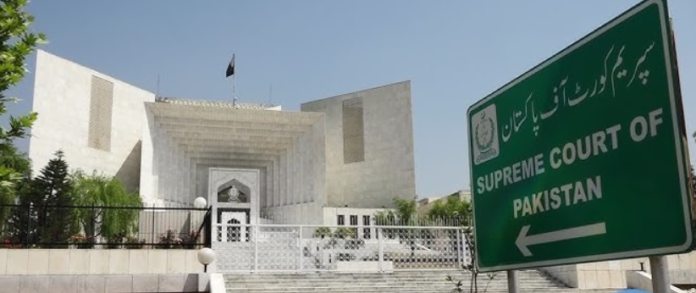ISLAMABAD — The Supreme Court of Pakistan has stressed the importance of meticulous investigation and heightened scrutiny in cases involving alleged embezzlement of public money, especially when civil servants are accused.
The remarks came during a recent ruling by a three-judge bench led by Justice Musarrat Hilali, as the apex court dealt with an appeal involving a former public official from Punjab, Malik Muhammad Ramzan. Ramzan had challenged his dismissal from government service over charges of financial misconduct.
A Case Rooted in Alleged Forgery and Fraud
The case dates back to when Ramzan, serving as a government officer in Mianwali, was dismissed under the PEEDA Act, 2006. Authorities accused him of tampering with cheque amounts through forgery—after they were signed by authorized officials—to misappropriate funds.
Following the disciplinary action, Ramzan unsuccessfully pursued multiple appeals: first within his department, then in revision petitions, and finally at the Punjab Service Tribunal, which upheld his dismissal in January 2022.
Ramzan eventually took the matter to the Supreme Court, arguing that his dismissal was procedurally flawed. He claimed he was never served with a show-cause notice nor given the chance to defend himself in a formal inquiry. “There was no proper hearing,” he insisted.
However, Punjab’s Additional Advocate General countered that due process had been followed, asserting that Ramzan had, in fact, received the necessary notices and was provided an opportunity to respond.
SC: Public Money Cases Demand Transparency and Fairness
In its observations, the Supreme Court emphasized that allegations involving public funds require not only solid evidence but also a transparent and fair inquiry process. The court noted that such cases carry significant public interest, and any mishandling—on either side—can erode trust in institutions.
The bench stressed that if misconduct is proven, the responsible civil servant must be held accountable, and efforts must be made to recover any misappropriated funds. But this must be done while safeguarding the accused’s legal rights.
Why This Matters
The Supreme Court’s commentary signals a broader concern with how financial misconduct cases in the public sector are handled. While accountability is essential, the judgment underscores that shortcuts in procedure—no matter how strong the allegations—can weaken the legal foundation of such actions.
As Pakistan continues to grapple with financial transparency challenges, especially within government departments, the verdict sets an important precedent: justice in fiscal matters must be both swift and scrupulously fair.

